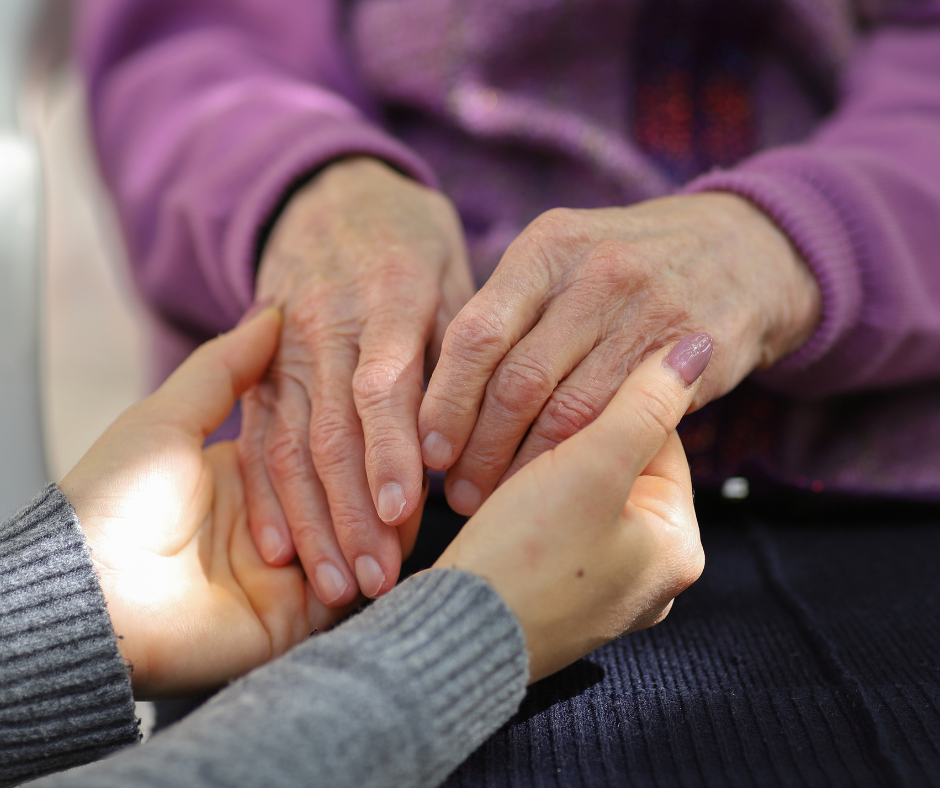
Resources for Caregivers of Someone with a Traumatic Injury
Caring for a loved one with a traumatic or catastrophic injury can be a challenging and overwhelming experience. While this experience may not be something you are facing right now, no one knows what the future may bring. The information in this newsletter could be a benefit to you in the future.
Should you find yourself as a caregiver for someone that suffered a traumatic or catastrophic injury, the experience could leave you feeling frustrated and angry at times. This is normal, but you wouldn’t have to go at it alone. There are communities, in-person and online, and resources that can help.
Here are some thoughts to keep in mind:
• Understand the symptoms: The symptoms of any traumatic injury can be varied. For instance, symptoms for a traumatic brain injury or TBI can include headaches, fatigue, difficulty concentrating, memory problems, and mood changes. It’s important to understand these symptoms and how they may affect your loved one’s daily life.
• Be patient: Recovery from a traumatic injury can take time, and it’s important to be patient with your loved one. They may need extra time to complete tasks or may need help with daily living needs.
• Communicate effectively: Communication can be difficult for someone with a traumatic injury. They may have difficulty understanding or expressing themselves. Be patient and use simple language when communicating with them. If you need to, repeat yourself to make sure they understand.
• Encourage therapy: Physical, occupational, and speech therapy can help your loved one recover from many traumatic injuries. Work with their healthcare team to find the best therapy options for them.
• Take care of yourself: Caring for a loved one with a traumatic injury can be physically and emotionally taxing. Make sure to take time for yourself and seek support from friends, family, or a support group.
Here are some online communities and resources that could be of assistance:
Brain Injury Association of America – this organization provides information, resources, and support to individuals with brain injuries and their families. https://www.biausa.org/
National Institute of Neurological Disorders and Stroke – this organization provides information on the causes, symptoms, and treatments for neurological disorders. https://www.ninds.nih.gov/
Caregiver Action Network – this organization provides resources and support for family caregivers. https://www.caregiveraction.org/
Family Caregiver Alliance – this is another organization that provides resources and support for family caregivers. https://www.caregiver.org/
BrainLine – this organization provides information and resources for individuals with TBI and PTSD and their families. https://www.brainline.org/
National Center for Catastrophic Sport Injury Research – this organization tracks catastrophic injuries at the collegiate, high school, and youth levels of play. https://nccsir.unc.edu/
Traumatic and catastrophic injuries can have a variety of causes, such as car crashes, medical malpractice, defective products, and outdoor events. These injuries may have a long-term or permanent impact on someone’s life. This impact can also be felt by family members and those who care for the injured.
If your loved one’s TBI, spinal cord injury, or other traumatic or catastrophic injury was caused through another’s negligence, please contact us today. We are here to support you and your loved ones through this difficult time.